Confessions of an NSA apologist

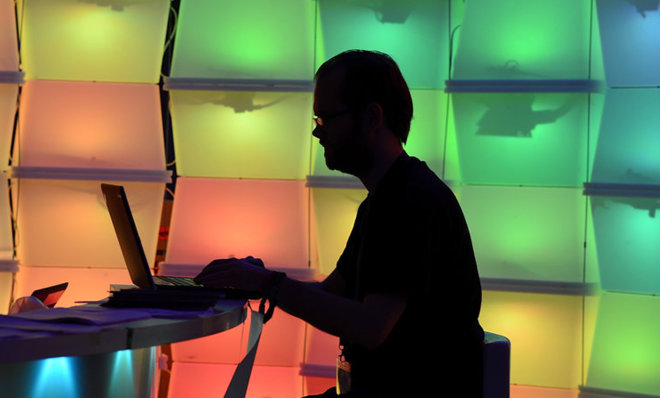
A free daily email with the biggest news stories of the day – and the best features from TheWeek.com
You are now subscribed
Your newsletter sign-up was successful
I write neither to bury the National Security Agency nor fetishize the national security state, but rather, to explain, to myself, what facts on the ground inspire the motivations and influence the judgment of people with extraordinary power. For this, for not automatically condescending to believe that a large federal surveillance regime is intrinsically incompatible with a functional representative democracy, I am dismissed by a bunch of others who write about this subject as an apologist.
It's a word meant to wound. An apologist cuts himself off from the direction of history. He stands against progress. He is a distraction at best and an enabler of savagery at worst. I can't reclaim the word, and I know enough to know that if you've taken the time to conclude that I'm an NSA apologist, I cannot dissuade you of that belief.
However.
The Week
Escape your echo chamber. Get the facts behind the news, plus analysis from multiple perspectives.

Sign up for The Week's Free Newsletters
From our morning news briefing to a weekly Good News Newsletter, get the best of The Week delivered directly to your inbox.
From our morning news briefing to a weekly Good News Newsletter, get the best of The Week delivered directly to your inbox.
Many readers of The Week and other publications are more open-minded, and to you, I want to put forth a different interpretation. It's not a defense; it's a way of understanding why I write about the NSA without moving to a higher octave. (OCTAVE happens to be the name of an NSA database; no pun intended). The truth is that my theory of what's happening, of what this all means, of how much this all should worry you, of all of these things, is not set. It is malleable. It may not actually exist. I don't know what I believe, but I know what I don't:
I don't believe America is on the edge of fascism.
I don't believe that there is no relevant moral and practical distinction between NSA collection practices as they could be, and NSA collection practices as they are.
I don't believe that the NSA has not significantly professionalized itself over the last 30 years.
A free daily email with the biggest news stories of the day – and the best features from TheWeek.com
So maybe this is why I read new revelations without clenching my jaw, or other easily excitable muscles.
Attorney client privilege violated by...
If an American law firm freely chooses to work with a foreign country to help that country negotiate a trade agreement with the United States, it seems reasonable for the American government to treat that law firm's foreign communications as an intelligence item of value. The law firm of course has no obligation not to accept foreign government work. That its lawyers risk having their conversations monitored if they're discussing, with foreign agents, subjects that have direct bearing on the policies of the United States government is, well, just sort of background radiation. In a police state, the general counsel's office of the NSA would NOT be consulted when an American law firm's communications are collected. Of course, were I an Indonesian government official or a lawyer who worked with them, I would not want my conversation monitored by the U.S. government, nor would I be surprised if, especially if that government was working at cross-purposes with a stated policy of an American government, the state would struggle to understand what it was I was doing.
I would of course be horrified if my consultations with American clients were purposefully monitored without a warrant and not minimized, and I would become unhinged if my work for Indonesia were somehow criminalized. What evidence exists to suggest that the NSA has ever moved to criminalize legal foreign lobby work? To willfully violate the better-protected rights of American legal defendants? None. The evidence, actually, suggests that the NSA goes out of its way to not do this. That is does so imperfectly, clumsily, and secretly, is a vital and necessary policy issue, one I hope we continue to talk about.
I might worry that of course someone at NSA could always flip a switch and just start being Big Brother, because they can. But disclosure after disclosure suggests, and suggests to the point of almost convincingly proving, that the NSA struggles. This struggling is at the heart of my inability to come up with a theory about what everything means. An Orwellian surveillance agency does not struggle to balance rights and responsibilities in private, much less in public.
Glenn Greenwald and Jeremy Scahill have a fascinating article about how the NSA and the military worked together to hunt and kill human beings suspected of being terrorists. Read the article. It's chilling. But what I find chilling about it has nothing to do with the NSA. It has everything to do with the policy of extrajudicial killing in foreign states. The government's policy — to find, fix, and finish al Qaeda and associated terrorist networks — has resulted in — no, that passive verb isn't strong enough — the policy has killed many dozens of completely innocent people, including children.
Pinprick strikes? A very big pin. The policy in Yemen, which still beguiles anyone who tries to explain it to themselves, is almost incoherent and relies on a bunch of ridiculous assumptions. Scahill has documented them and may win an Oscar for it. But the NSA doesn't come out looking bad. In fact, the better the NSA gets at more precisely geolocating a cell phone, or figuring out exactly who is who in a convoy, the more likely it is that a stupid policy kills fewer innocent people. If the government's reliance on the NSA for targeting intelligence is immoral, it is because the government — in this case, President Obama — chose to rely on the NSA's imprecision for targeting decisions.
So, I've just apologized for the NSA's involvement in the drone program. I do think the drone program would be much deadlier without the NSA, but logically, I really shouldn't argue that, because the drone program itself is much more objectionable as a thing than anything I've learned that the NSA does.
It would be recursive at this point to wade into the argument about whether the United States has some sort of special claim to the moral high ground, or is so essential to the global order of things that we citizens are willing to overlook, excuse, rationalize, and justify crimes committed by it because the preservation of the state is the highest order good we can reasonably and concretely hope to protect. To be honest, I still have trouble every time I remember that the history of the U.S. Air Force is yoked to a voracious desire to kill as many people as possible in the shortest period of time. And the atom bombs, and all that. But at the same time as all of this evil was being loosed upon the world, the United States, in spite of the best efforts of its presidents, and sometimes because of them, has kind of become the closest thing there is to an essential glue that keeps away chaos and the apocalypse.
I would one day like to write a book about how a lot of our moral progress, a lot more than some might think, has come from people who leak classified information, and even information that could very well cause national security harm in the short-term. The gap between what we aspire to do and what we do is closing. Thank God.
It will close even more, and the NSA can be there to help us do better.
Imagine what the NSA could do with the same technology and same authorities if the policy of the U.S. government was to map out precisely the tribal lineages in Yemen and figure out precisely what problems they have, what they need to survive and to be recognized, and how to efficiently deliver whatever goods and services are needed.
Marc Ambinder is TheWeek.com's editor-at-large. He is the author, with D.B. Grady, of The Command and Deep State: Inside the Government Secrecy Industry. Marc is also a contributing editor for The Atlantic and GQ. Formerly, he served as White House correspondent for National Journal, chief political consultant for CBS News, and politics editor at The Atlantic. Marc is a 2001 graduate of Harvard. He is married to Michael Park, a corporate strategy consultant, and lives in Los Angeles.
-
 Why is the Trump administration talking about ‘Western civilization’?
Why is the Trump administration talking about ‘Western civilization’?Talking Points Rubio says Europe, US bonded by religion and ancestry
-
 Quentin Deranque: a student’s death energizes the French far right
Quentin Deranque: a student’s death energizes the French far rightIN THE SPOTLIGHT Reactions to the violent killing of an ultraconservative activist offer a glimpse at the culture wars roiling France ahead of next year’s elections
-
 Secured vs. unsecured loans: how do they differ and which is better?
Secured vs. unsecured loans: how do they differ and which is better?the explainer They are distinguished by the level of risk and the inclusion of collateral
-
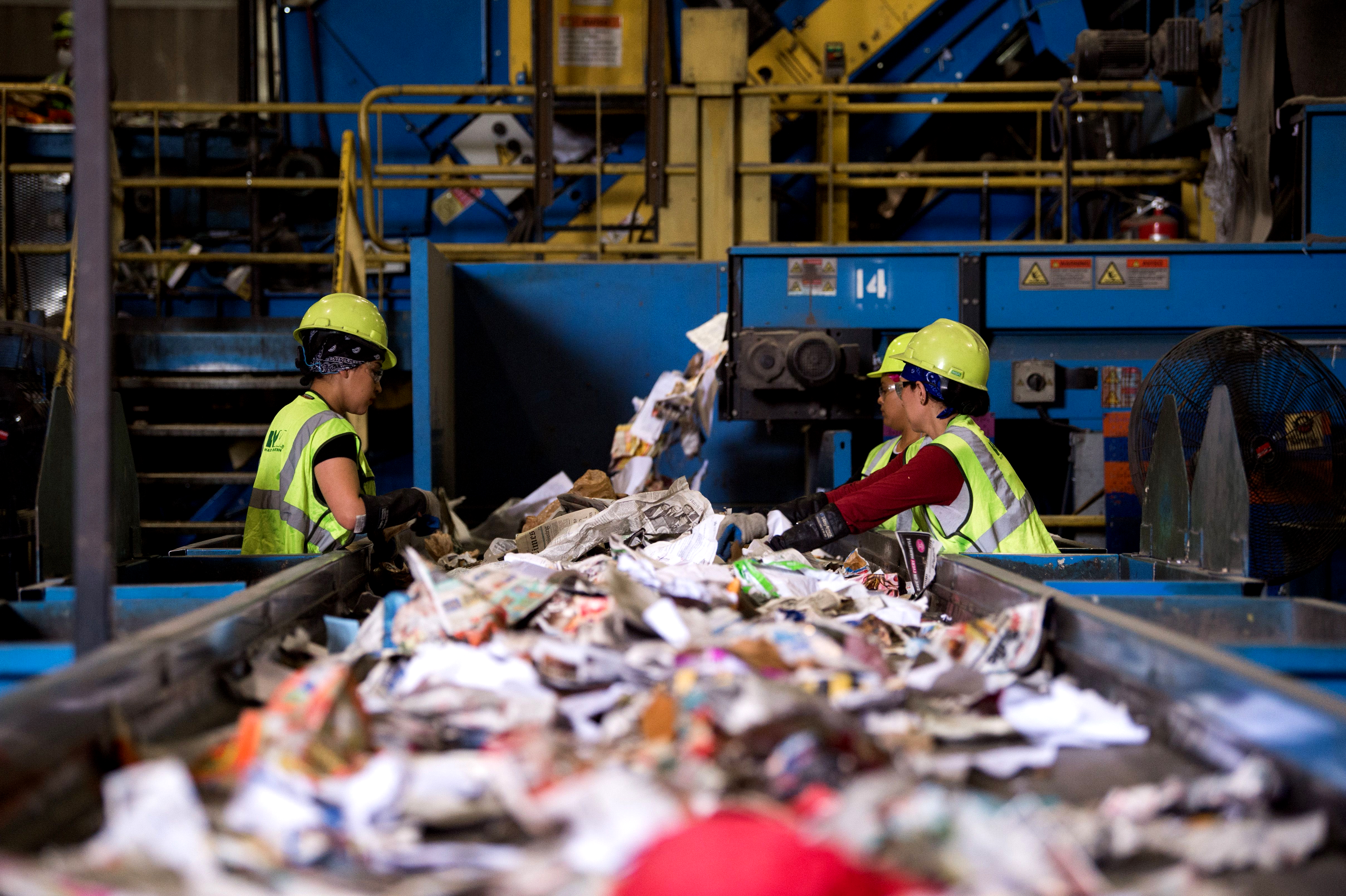 The recycling crisis
The recycling crisisThe Explainer Much of the stuff Americans think they are "recycling" now ends up in landfills and incinerators. Why?
-
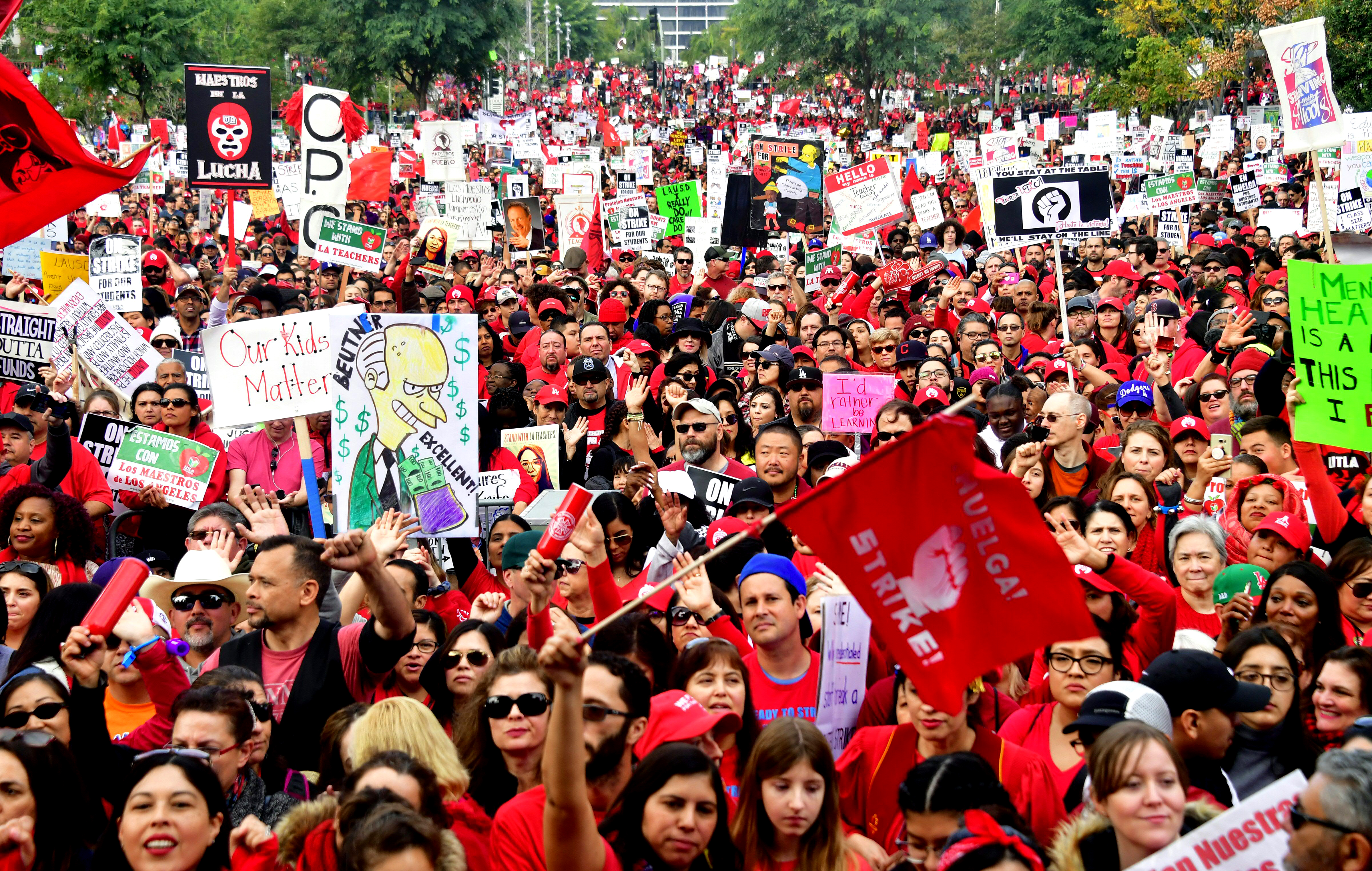 The L.A. teachers strike, explained
The L.A. teachers strike, explainedThe Explainer Everything you need to know about the education crisis roiling the Los Angeles Unified School District
-
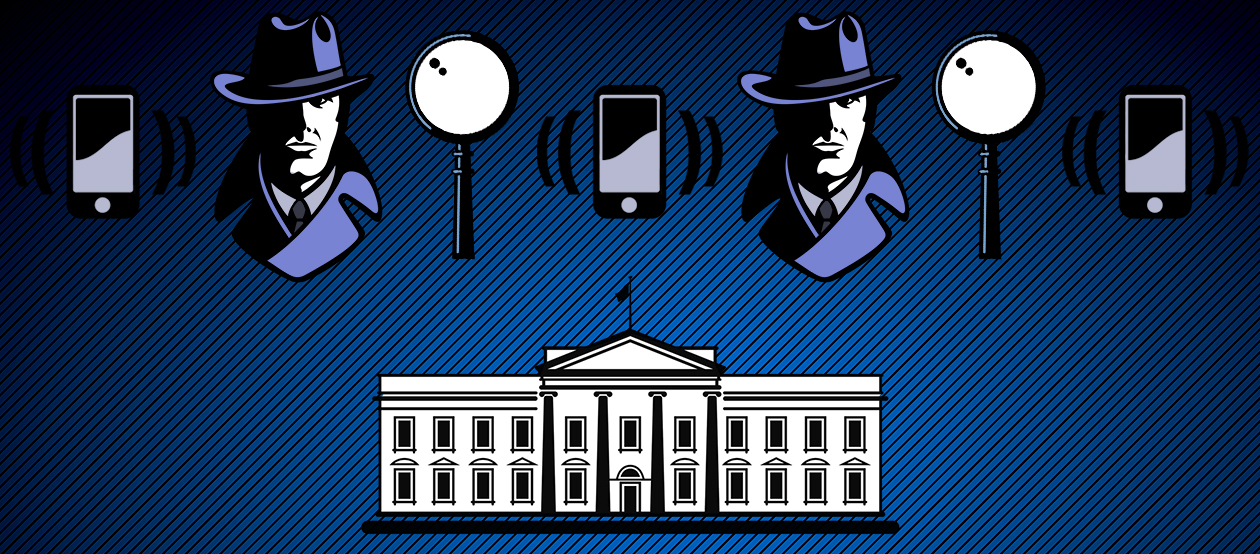 The NSA knew about cellphone surveillance around the White House 6 years ago
The NSA knew about cellphone surveillance around the White House 6 years agoThe Explainer Here's what they did about it
-
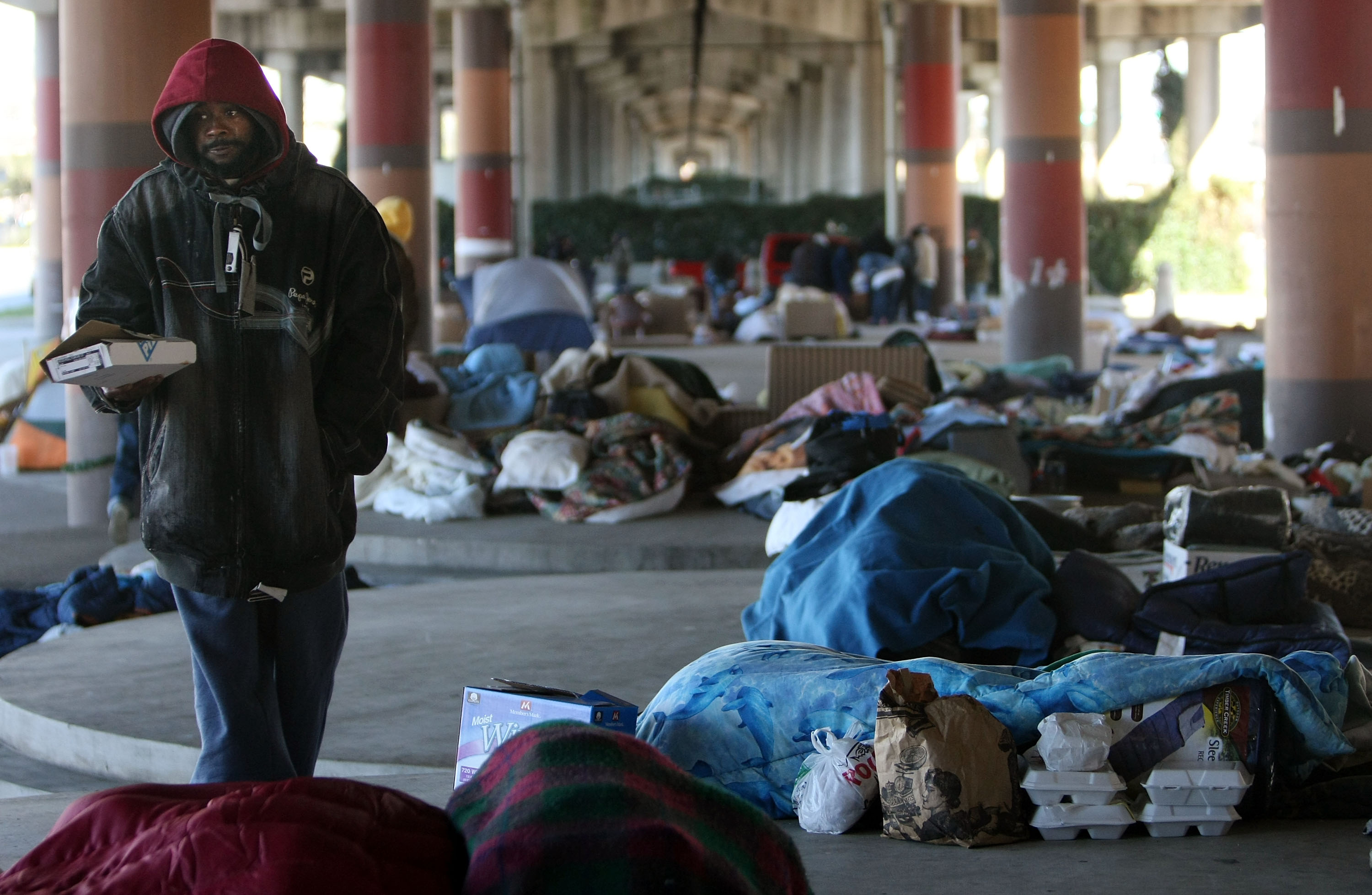 America's homelessness crisis
America's homelessness crisisThe Explainer The number of homeless people in the U.S. is rising for the first time in years. What’s behind the increase?
-
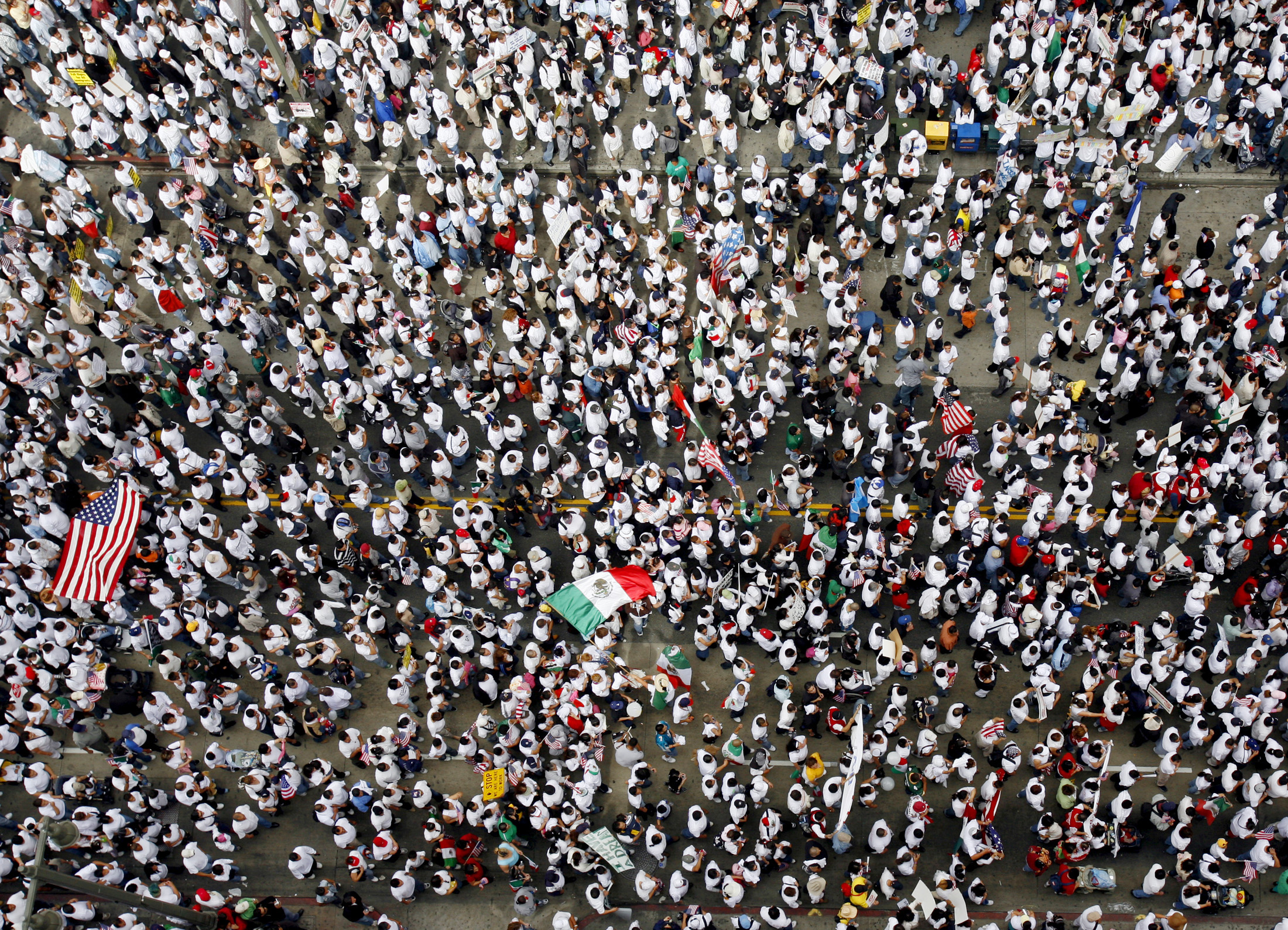 The truth about America's illegal immigrants
The truth about America's illegal immigrantsThe Explainer America's illegal immigration controversy, explained
-
 Chicago in crisis
Chicago in crisisThe Explainer The "City of the Big Shoulders" is buckling under the weight of major racial, political, and economic burdens. Here's everything you need to know.
-
 The bad news about ISIS's defeat in Ramadi
The bad news about ISIS's defeat in RamadiThe Explainer The contours of a broader sectarian war are coming into focus
-
 America can still destroy the world
America can still destroy the worldThe Explainer The decline of U.S. military power has been greatly exaggerated
